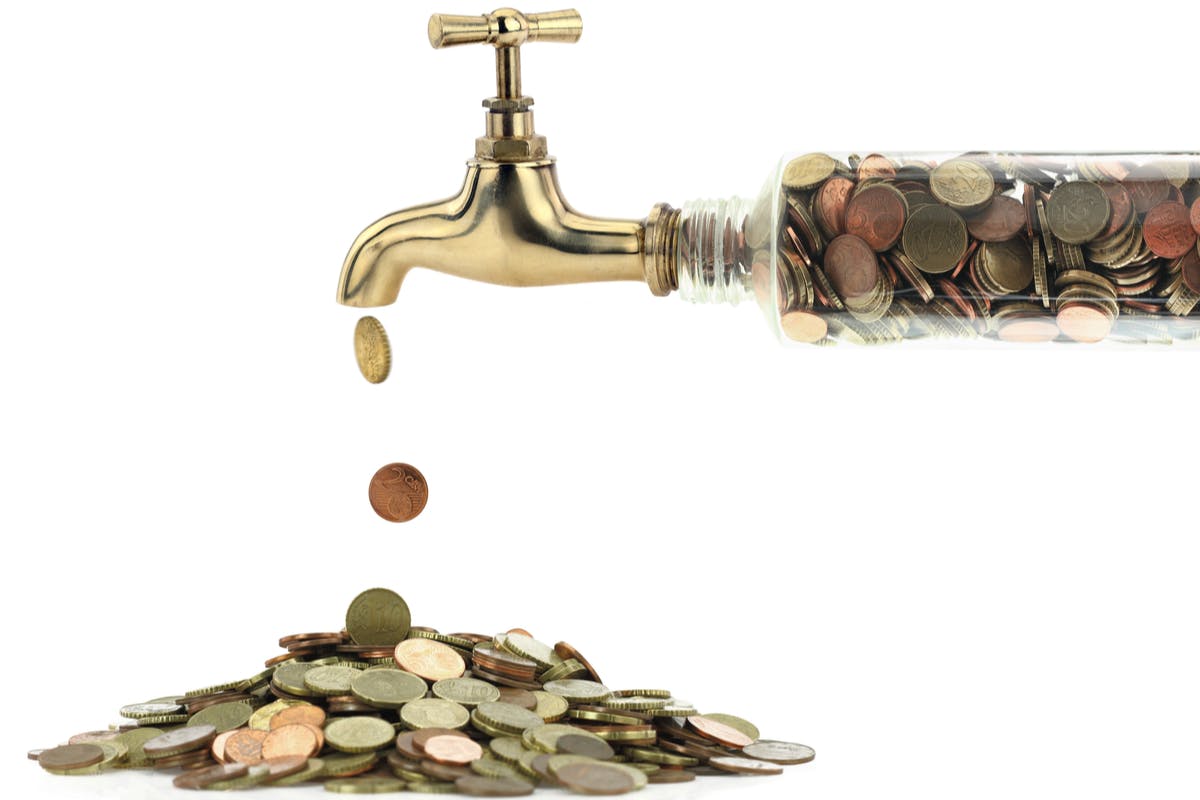If you want a bigger marketing budget, focus on creating cash flow

Looking back on my life with all the stupidly imagined wisdom of a future 40-something, it’s clear that I’ve never really been popular.
Although I was quite into the sport and therefore usually picked early in any school activity that needed someone who could run fast or pull hard, I rarely made the list when there were parties. Not that I often went there when I was invited, mind you, preferring the company of my books instead. My superior stamina made no difference in the fact that I found, and often still find, intimate social settings strangely exhausting.
There are no ready-made answers to get through the pandemic
Perhaps that’s why I enjoy so much the part of my job that has me speaking in front of thousands of people – the inner child receiving all the attention in the room at once who, during my youth, was reserved for others, more beautiful and more social. good classmates. Maybe I can enjoy it because my teenage years forced me to learn not to pay attention to other people’s opinions of me, because I inevitably met the most important criteria for teens in an unfavorable way, and therefore didn’t find no reason to worry about that.
To be honest, I really don’t know. My wife thinks I enjoy showing what I can do, rather than showing what I can’t, and she tends to be right about most things (especially when I know she might read this that I write). What I do know is that the net result is a reverse bias from what most people normally find; I am confident in front of large groups of strangers, but lack confidence in small groups of friends.
Marketing, it seems, has an equally complicated relationship with trust. On the one hand, industry opinion leaders are quick to highlight the strategic risks associated with budget cuts and reduced advertising spend. On the other, the same voices are heard, obediently admitting that, in the grand scheme of things, advertising isn’t really that important.
Both statements can be considered correct. But it also means that both statements can be considered incorrect – while there are inherent risks in reducing advertising spend, advertising cannot be unimportant.
Of course, the answer is, as always, “it depends”. Budget cuts may carry a strategic risk, but the risks are weighed against other risks and it may turn out to be a risk worth taking. Similarly, advertising may be a weak force, but it is a strength nonetheless. Improving the odds of a purchase from 1 in 10,000 to 1 in 9,999 in a single individual makes little difference, but over a large audience it can be significant.
Budget season
Context is king. To paraphrase what I wrote earlier this year, sometimes you have to pick the fruit, sometimes you have to water the tree. Sometimes you have to cut down the tree for firewood. And marketing is much more than advertising anyway.
But we are now heading into budget season. Around the world, stern-looking women and men in suits, sharing at best a lack of understanding of what marketing does and at worst an intense disdain for it, sit in conference rooms in darkwood, meticulously searching for any justification they can find why marketing should get crumbs, not slices, of the corporate cake. Rest assured that the aforementioned sound clips can be held against you in the court of “bah”.
The faster brands can grow and deploy more capital at attractive rates of return, the more value they are deemed to create.
Marketing, in other words, needs to start thinking about the business value it can deliver – and quickly.
In the cold realm of finance, companies are expected to create value by investing capital to generate future cash flows at rates of return above their cost of capital – the faster brands can grow and deploy more capital at attractive rates of return, the more valuable they are. are deemed to create. A corollary of this principle is the conservation of value: any action that does not increase cash does not create value.
Businesses need to make sure they can survive today before looking to the long term
When it comes to budget discussions, therefore, consideration should be given to reframing what marketing is and does around cash flow, not only to fit the linguistic milieu, but also to demonstrate the value of our profession often overlooked by the rest of the organization. The value of a brand is generally considered to increase if cash flow increases. Conversely, if cash flow declines over time, brand value also declines. The value of the brand itself can be summarized as the sum of its discounted cash flows over time.
In addition, cash flows have the advantage of being objective facts – unlike, for example, profit, which can be considered to include a subjective interpretation (different, equally acceptable accounting methods can lead to different benefits). In other words, by relating what the marketing department does to cash flow, it is provided with an objective measure of its importance.
If cash flow provided the basis for our used verbiage, the acquisition would become “short-term cash flow acceleration”. Brand building would turn into “stabilizing future cash flow”.
And, who knows, maybe marketers could become confident providers of organizational value. Not only would this improve our chances of getting budget space, but we might even get invited to the C-suite party.
JP Castlin is the Managing Director of Rouser and a Strategy Keynote Speaker


